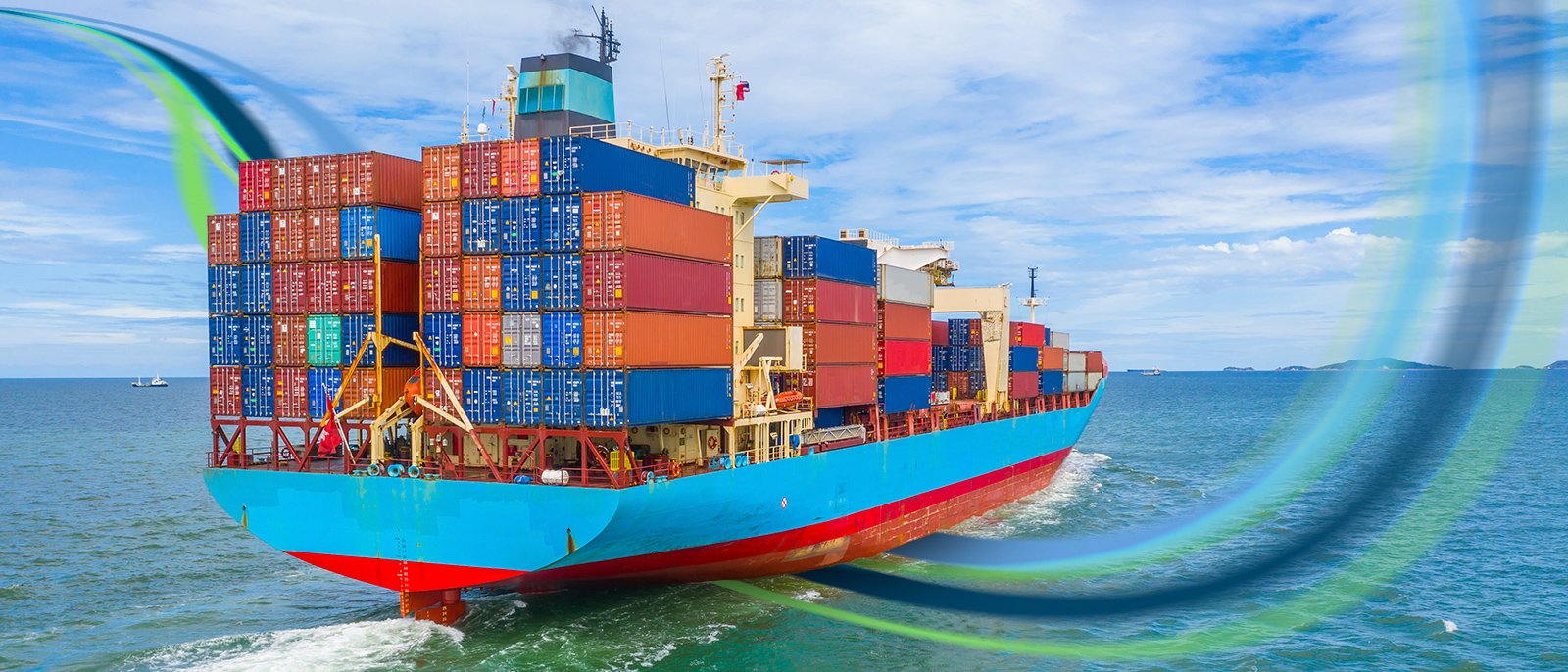Sustainability is no longer a peripheral concern for the shipping industry — it has become a defining factor in long-term competitiveness. As governments, investors, and consumers push for urgent action on climate change, logistics companies are under increasing pressure to reduce emissions and operate more sustainably.
In 2025, decarbonisation is shaping investment decisions, technology adoption, and operational strategies across global freight.
For freight forwarders, carriers, and shippers alike, the challenge lies in cutting carbon while maintaining efficiency, reliability, and profitability. Achieving this balance requires innovation, collaboration, and a willingness to rethink long-established practices.
Why Decarbonisation Matters Now:
Shipping accounts for roughly 3% of global greenhouse gas emissions, making it a significant contributor to climate change. The International Maritime Organization (IMO) has set ambitious targets to cut emissions by at least 40% by 2030 and to achieve net zero by around 2050. Regulatory measures such as the EU Emissions Trading System (EU ETS) are already adding costs for carbon-intensive shipping, while customers are increasingly choosing suppliers with strong environmental credentials.
Decarbonisation is no longer just a compliance issue — it is becoming a source of competitive advantage. Companies that can demonstrate progress towards emissions targets are better placed to win contracts, attract investment, and strengthen customer loyalty.
Pathways to Lower-Carbon Logistics:
The transition to greener operations involves multiple approaches. Alternative fuels such as LNG, biofuels, methanol, and, in the longer term, green hydrogen are being adopted to cut vessel emissions. Energy efficiency measures, including optimised routing, slow steaming, and hull modifications, help reduce fuel consumption. Electrification is expanding in ports and inland transport, with battery-powered trucks, cargo-handling equipment, and shore power systems becoming more common. Digital tools such as AI-driven route optimisation and predictive maintenance can further improve operational efficiency.
Opportunities for Freight Forwarders:
Forwarders have an important role to play in helping customers decarbonise their supply chains. Offering carbon reporting and offset options allows clients to track and compensate for their emissions. Advising on modal shifts — for example, moving from air freight to sea-air solutions — can significantly reduce carbon footprints. Partnering with carriers that are investing in low-emission vessels gives forwarders a greener service offering. Sustainability credentials can also be leveraged in marketing to attract environmentally conscious customers.
Barriers to Overcome:
Despite progress, there are challenges in the transition. Low-emission fuels remain more expensive and, in some cases, less available than conventional options. Infrastructure for alternative fuels and electrification is still developing, creating potential supply bottlenecks. The cost of retrofitting vessels and investing in new technology can be prohibitive, particularly for smaller operators. Measuring emissions consistently across supply chains is also a complex task, with no single global standard yet in place.
Strategies for Success in a Low-Carbon Era:
Logistics providers aiming to lead on sustainability should set clear emissions reduction targets, track progress transparently, and communicate results to stakeholders. Building partnerships with innovative carriers, technology providers, and fuel suppliers can accelerate adoption of greener solutions. Offering customers a range of low-carbon options — along with accurate emissions data — will help integrate sustainability into commercial decision-making.
The Future of Decarbonised Logistics:
As environmental regulation tightens and technology matures, decarbonisation will become embedded in standard freight operations. Companies that adapt early will benefit from lower long-term operating costs, stronger market positioning, and improved resilience against regulatory and reputational risks. In the years ahead, sustainability will not be an optional extra — it will be central to how shipping businesses compete and grow.
If we can help you, please contact us.
